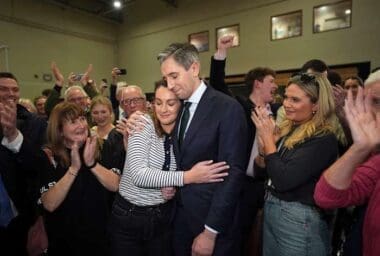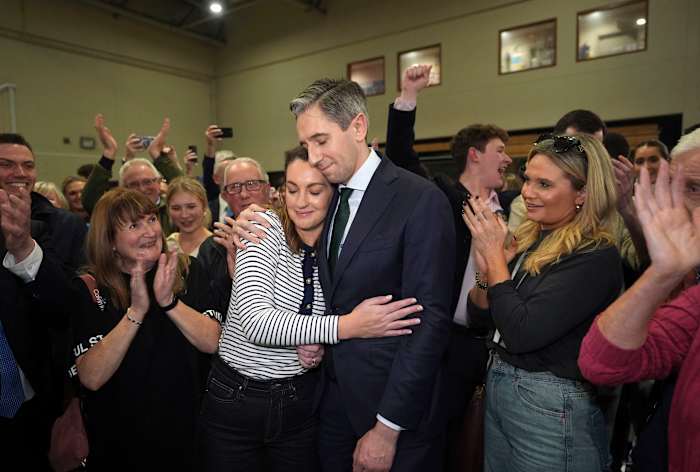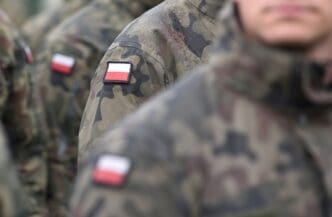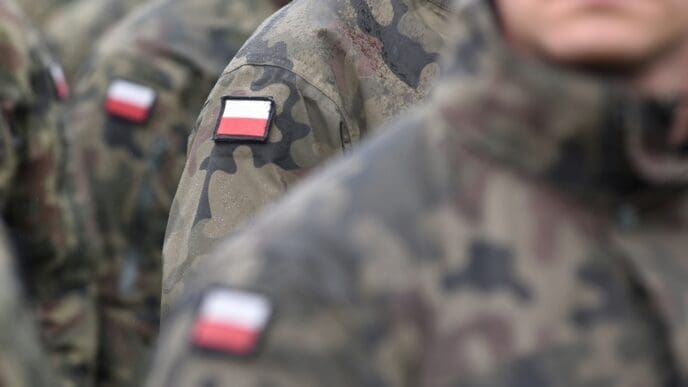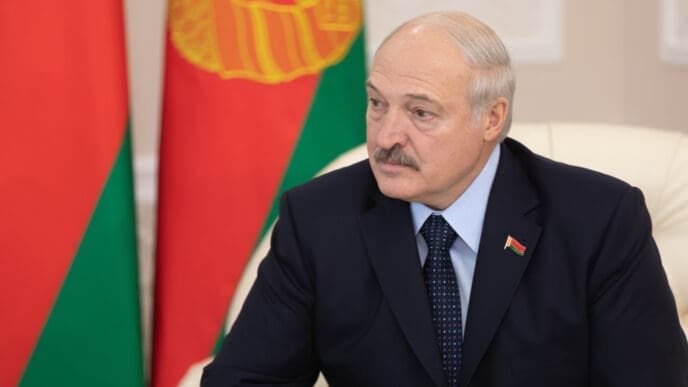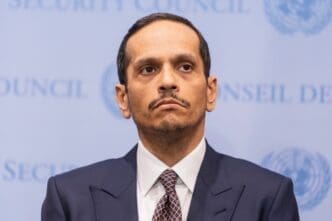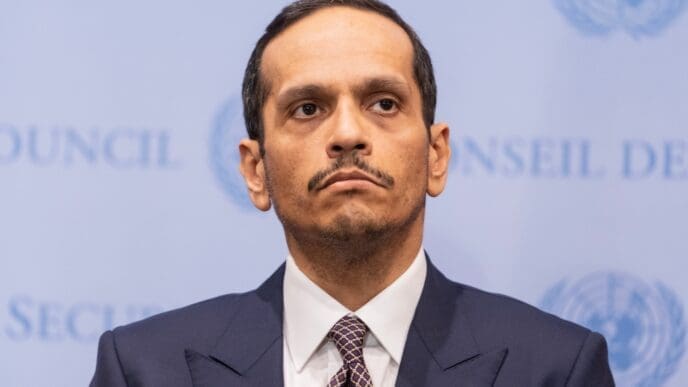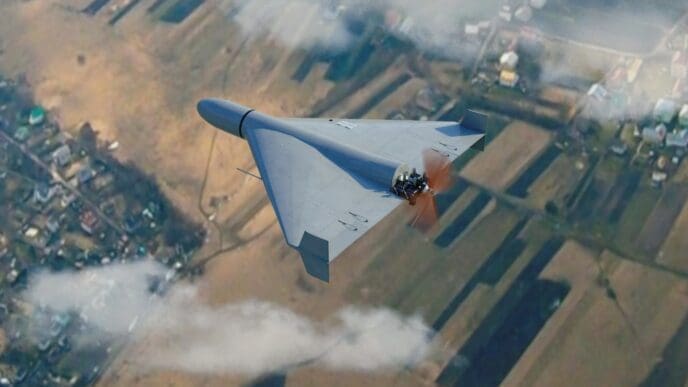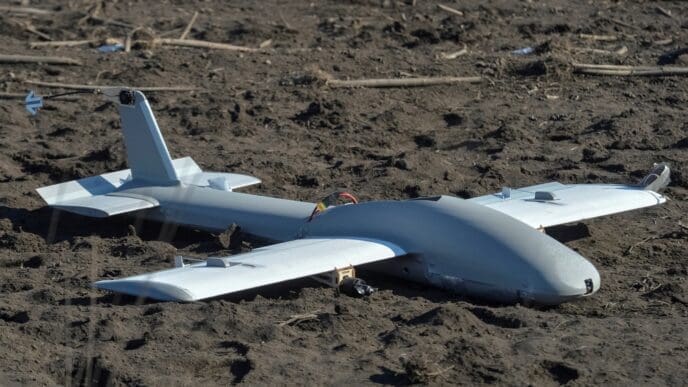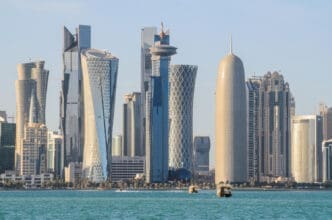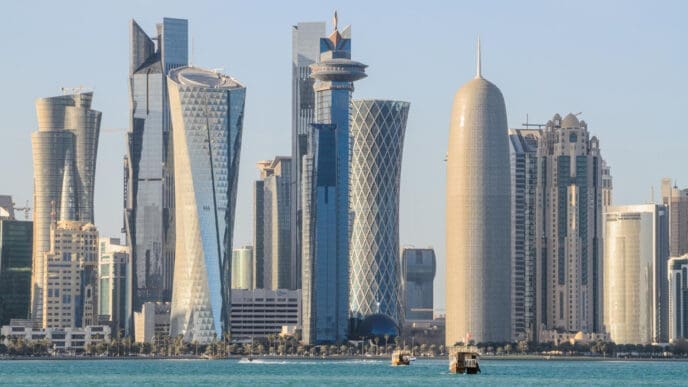In the wake of Ireland’s recent election, the two historically dominant center-right parties, Fine Gael and Fianna Fail, seem poised to maintain their grip on power. The election, characterized by complex coalition talks and a diminished vote share for incumbents, reflects the evolving landscape of Irish politics.
Amid ongoing ballot counting, Fine Gael, Fianna Fail, and the left-of-center Sinn Fein are locked in a contest to capture the majority of seats in the Dail, Ireland’s lower parliamentary house. This election is particularly noteworthy due to its fractured outcomes, necessitating potential coalition formations with smaller parties or independents.
Sinn Fein, which advocates for the reunification of the Republic of Ireland with Northern Ireland, faces significant challenges in forming alliances. Both Fine Gael and Fianna Fail have expressed reluctance to partner with Sinn Fein, citing its historical connections to the Irish Republican Army, a remnant of the violent conflicts in Northern Ireland.
Incumbent leaders Simon Harris of Fine Gael, Micheál Martin of Fianna Fail, and Mary Lou McDonald of Sinn Fein have all successfully retained their parliamentary positions. The election results reflect Ireland’s complex proportional representation system, where voters rank candidates by preference, potentially delaying final outcomes by days.
Simon Harris remarked, “The people of Ireland have now spoken. We now have to work out exactly what they have said, and that is going to take a little bit of time.” Partial election results indicate that voters have distributed their support among the top three parties, minor parties, and a significant number of independent candidates, making coalition-building essential.
The election campaign was heavily influenced by the cost of living, especially the acute housing crisis, alongside immigration issues. Ireland, historically known for emigration, now grapples with immigration challenges amidst a population of 5.4 million. This changing dynamic marks a departure from global trends where dissatisfaction typically unseats incumbents, as seen in post-pandemic political climates.
Fine Gael and Fianna Fail, despite their political rivalry rooted in Ireland’s civil war history, previously formed a coalition government after the 2020 elections ended without a clear winner. The current election highlights the need for stable governance amidst economic and social pressures.
Intriguingly, among the independent candidates, Gerry “the Monk” Hutch, known for his criminal background, has garnered substantial voter support. His participation, following legal absolution from murder charges, illustrates voter disillusionment with traditional party structures.
The outcome of the recent Irish election underscores the complexities of the nation’s political landscape, with dominant parties striving to form a stable government amidst growing voter discontent and economic challenges. As the country faces potential coalitions with minor parties or independents, the political future remains both uncertain and intriguing.
Source: News4jax

